20 Ridiculous Predictions About the Future That Never Came True
People have always tried to envision how the future might look, but not everyone’s crystal ball has been accurate. Many bold forecasts ended up missing the mark by a wide margin, leaving us with entertaining stories about humanity’s ability to dream big—and sometimes get it wrong.
These predictions often reflect the hopes and fears of the time more than any real insight into what was coming next.They can still teach you how quickly technology and social norms can evolve right under everyone’s nose. Now, let’s explore some of the most outlandish prophecies that never became a reality.
“Computers Will Never Be Useful in the Home”

In the early days of computing, several industry experts believed that people wouldn’t want or need a computer in their living space. The bulky machines of the 1960s and 70s seemed too expensive, slow, and cumbersome for everyday use.
Fast-forward a few decades, and you can’t escape computing devices, from laptops to smartphones. It’s a reminder that even professionals at the cutting edge can miss how technology will evolve.
Had they peeked into today’s wired homes, they might have changed their tune.
“The Telephone Has Too Many Shortcomings”

When Alexander Graham Bell introduced the telephone, skeptics thought it had limited appeal. They felt the telegraph was more practical for sending messages across distances.
To them, a device that carried voice signals seemed like an unnecessary novelty. Yet, people soon discovered the incredible convenience of direct verbal communication.
That initial doubt eventually gave way to an era defined by phone lines, followed by cell towers, and now smartphones in every pocket.
Like Go2Tutors’s content? Follow us on MSN.
“Nuclear Energy Will Solve All Our Problems”
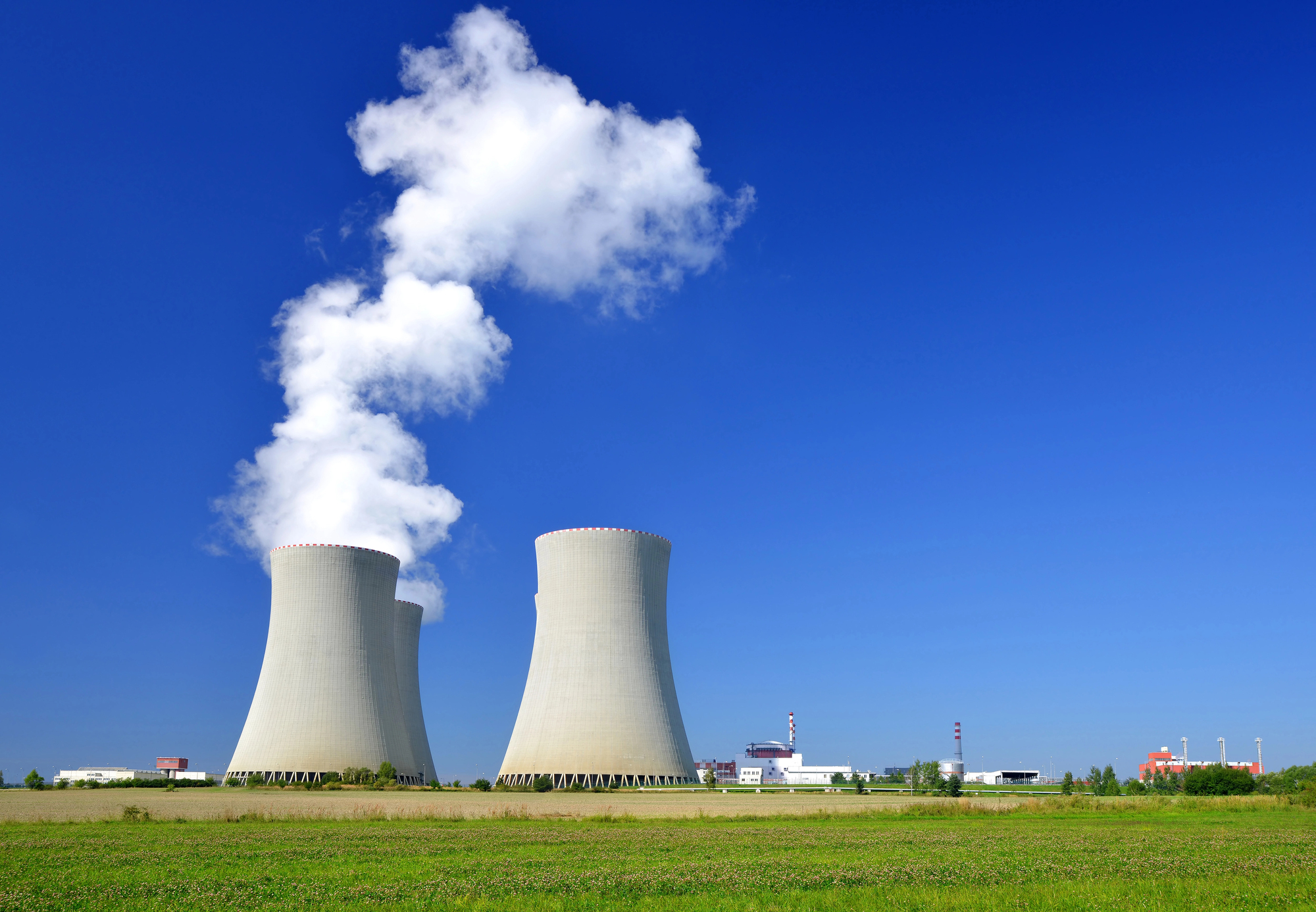
In the mid-20th century, some futurists envisioned a society where nuclear power would be the flawless energy solution. They spoke of a world with limitless electricity, nuclear-powered cars, and even nuclear-powered airplanes.
Reality, however, introduced complications like radioactive waste and safety concerns. Instead of creating perfect utopias, nuclear energy became a complicated topic with environmental and geopolitical implications.
The dream didn’t quite pan out as neatly as predicted.
“We’ll Have Colonies on the Moon By the 1980s”
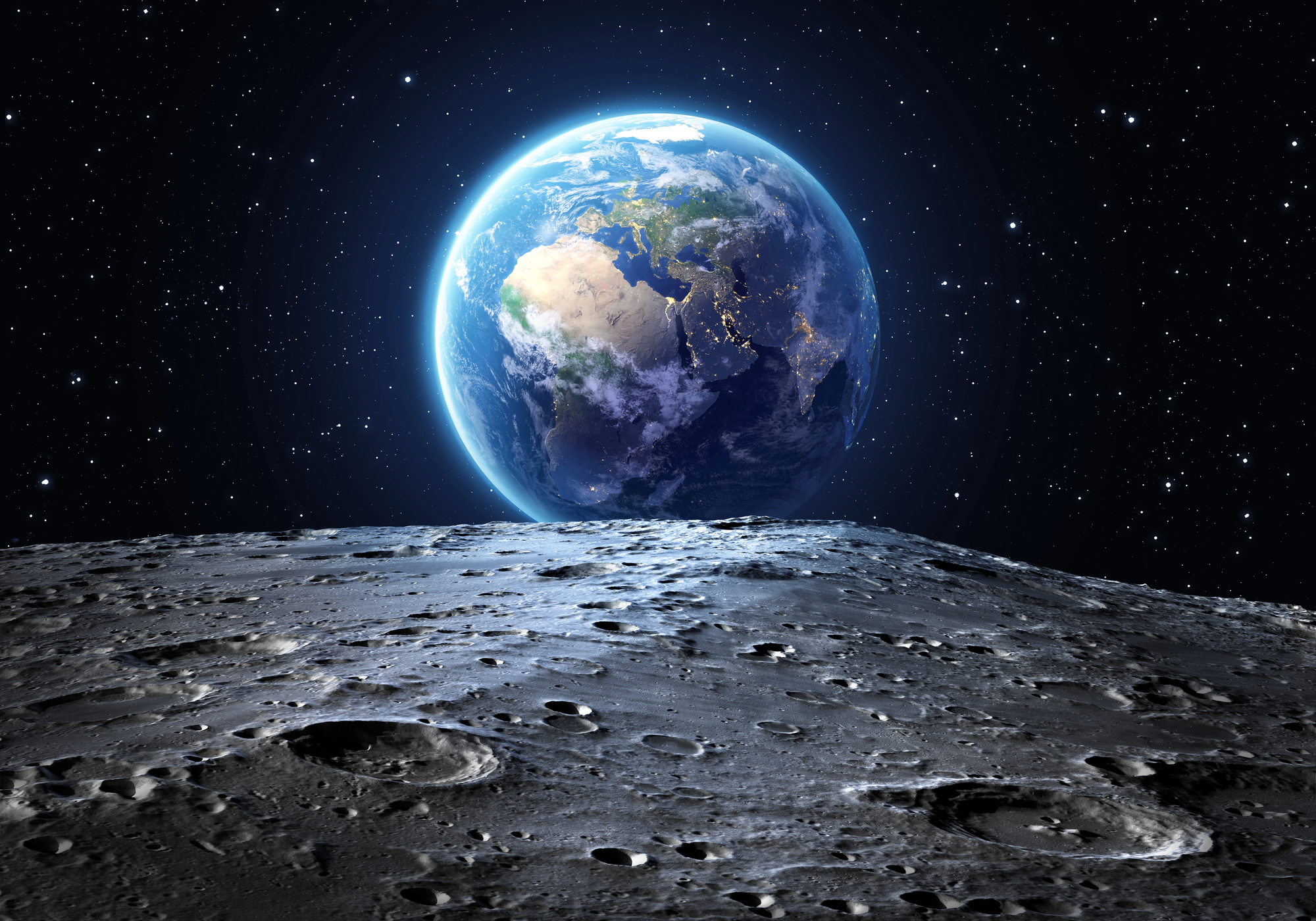
After the Apollo moon landings in 1969, excitement ran high about space exploration. Many believed lunar colonies were just around the corner.
Science fiction novels and popular media promised permanent structures on the moon within a decade. As it turned out, the political will and funding for such projects waned, putting those cosmic ambitions on hold.
Although space travel is again heating up, the grand timeline once imagined proved overly optimistic.
“Nobody Would Want an Automobile”

Before the car became mainstream, horse-drawn vehicles were the standard form of transport. Some experts insisted that the noise, smell, and maintenance of these new “horseless carriages” would never appeal to the masses.
Meanwhile, early motorists faced rough roads and limited infrastructure. But as manufacturers improved designs and roads were built to accommodate cars, people saw their convenience and embraced them wholeheartedly.
The horse is now more of a hobby than a necessity.
Like Go2Tutors’s content? Follow us on MSN.
“Heavier-Than-Air Machines Are Impossible”

Even decades before the Wright Brothers’ historic flight, various engineers and scientists argued that controlled, powered flight just couldn’t happen. Hot air balloons existed, but the idea of a craft heavier than air staying aloft seemed too large a feat.
Persistence and inventive thinking proved the doubters wrong in 1903, launching an entire aviation revolution. Today, commercial flights and even routine space travel are a testament to humanity’s refusal to accept “impossible.”
“Television Won’t Last”

Radio was once the king of home entertainment, so when TV emerged, many critics shrugged it off as a short-lived novelty. They thought families wouldn’t want to watch programs on a tiny screen, especially when radio offered captivating stories that encouraged imagination.
Over time, better picture quality and more content options drove the TV into virtually every living room. Modern streaming services are a direct descendant of this enduring innovation.
“Rocket Travel Will Be a Common Commute”

After World War II, rocket technology showed promise for more than just military use. Some forecasters envisioned a time when you’d hop into a personal rocket to zip across town or even to the office.
They believed that mass-produced rocket belts or small shuttle flights would replace the family car. As thrilling as that possibility seemed, practical limitations in fuel, safety, and cost kept rocket travel a far cry from an everyday ride.
Like Go2Tutors’s content? Follow us on MSN.
“Personal Robots in Every Home”
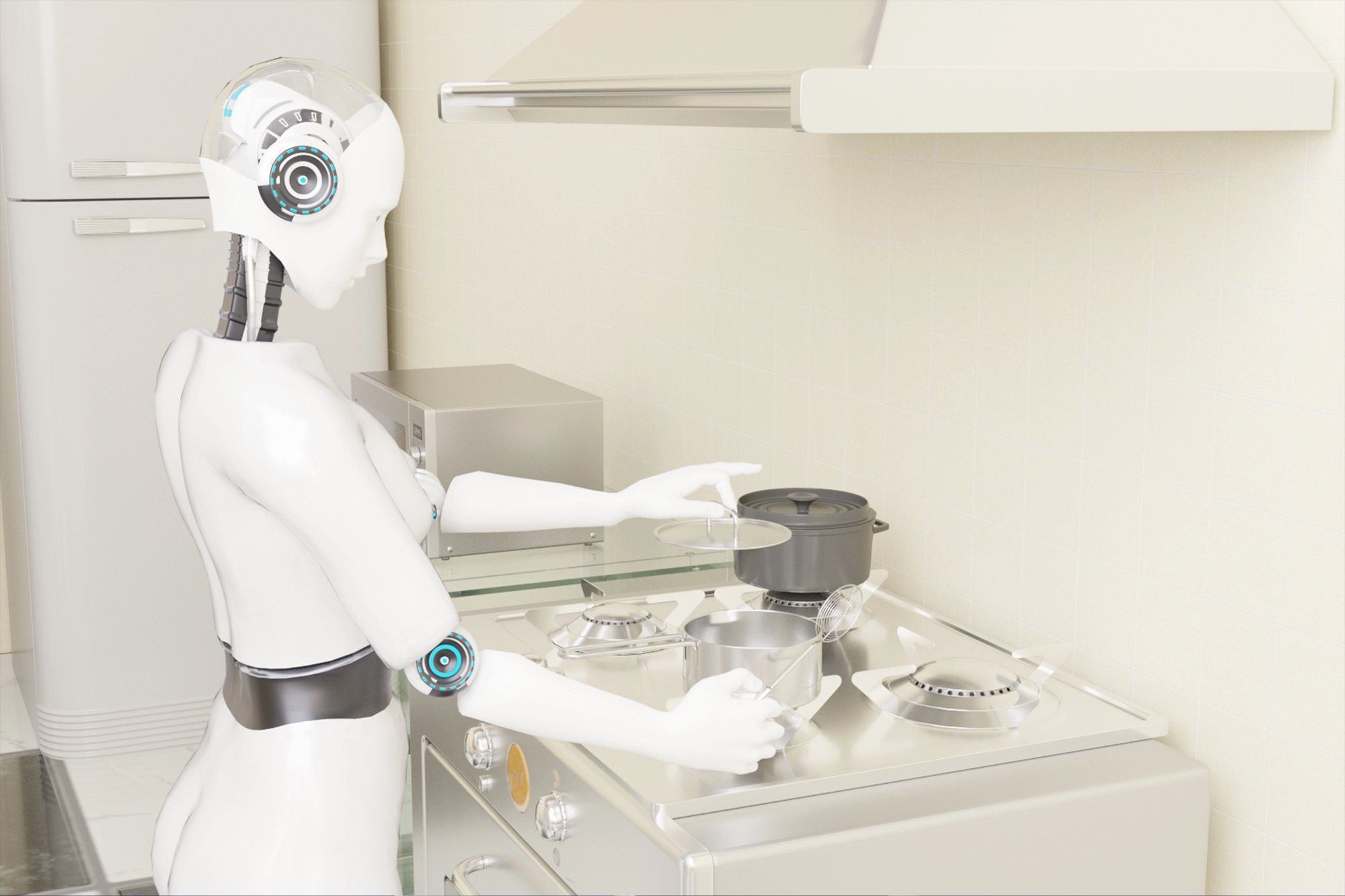
Robots have long captured the public imagination. In the 1950s and 60s, popular media suggested you’d eventually have a mechanical servant cooking, cleaning, and even walking your dog.
While automated vacuums and smart speakers have become commonplace, fully autonomous humanoid helpers remain firmly in sci-fi territory. Designing a general-purpose robot that can handle diverse tasks as efficiently as a person is far more complex than early dreamers realized.
“Spam Email Will Be Eliminated”

In the early 2000s, a few tech titans predicted spam would soon be completely eradicated. They pointed to improved filters, stricter regulations, and advanced AI that would supposedly identify junk messages.
Yet, spam persists in the form of phishing emails, bogus offers, and unwelcome newsletters. While spam filters have indeed grown more effective, scammers keep adapting, proving that no system is immune to a determined spammer’s creativity.
“People Will Only Need 4 Hours of Work a Day”

Long ago, some economists believed technology would make work so efficient that the average job would shrink to just a few hours. From advanced machinery to computers, the assumption was that tasks would be automated, leaving humans with ample leisure time.
In reality, people often work longer or juggle multiple gigs. Technology might streamline certain processes, but new roles keep cropping up, ensuring many of us still clock in for more than a part-time schedule.
Like Go2Tutors’s content? Follow us on MSN.
“The End of Offices”

With the rise of digital communication, there was a strong notion that physical office spaces would vanish. People assumed everyone would work from anywhere, making office buildings and commutes obsolete.
Remote work has grown, especially after global shifts in workforce dynamics, but the traditional office remains firmly in place. Many jobs still require in-person collaboration or specialized equipment, underscoring the complexity of workplaces in the modern world.
“Fusion Power is Just a Few Decades Away”
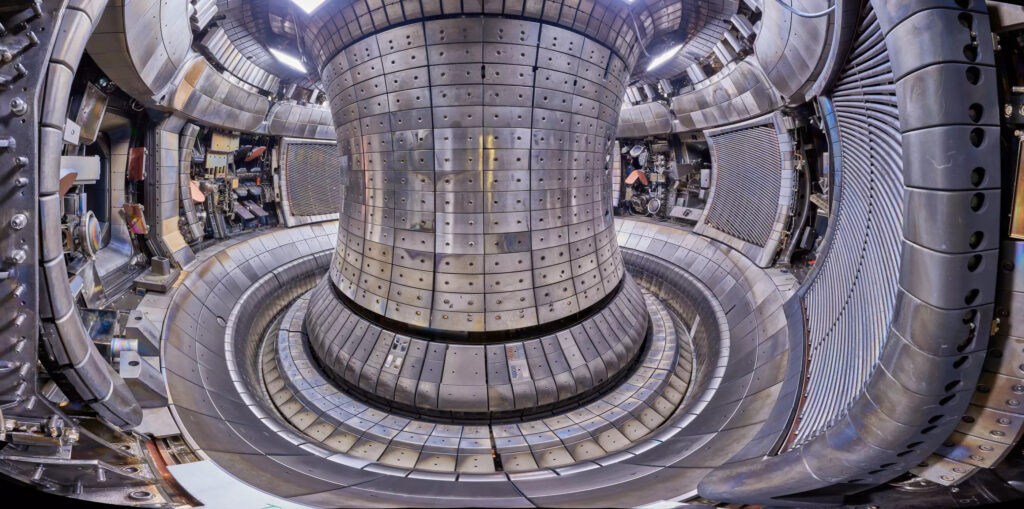
Since the 1950s, scientists have claimed that sustainable nuclear fusion is just 20 or 30 years in the future. Enthusiasts imagined ultra-clean energy fueling entire cities without harmful emissions or radioactive waste.
However, taming the power of the sun here on Earth has proven an immense engineering challenge. While significant progress is being made, fusion remains a perpetual “almost there,” reminding you that some scientific pursuits need a lot of patience.
“The Internet Is a Passing Fad”
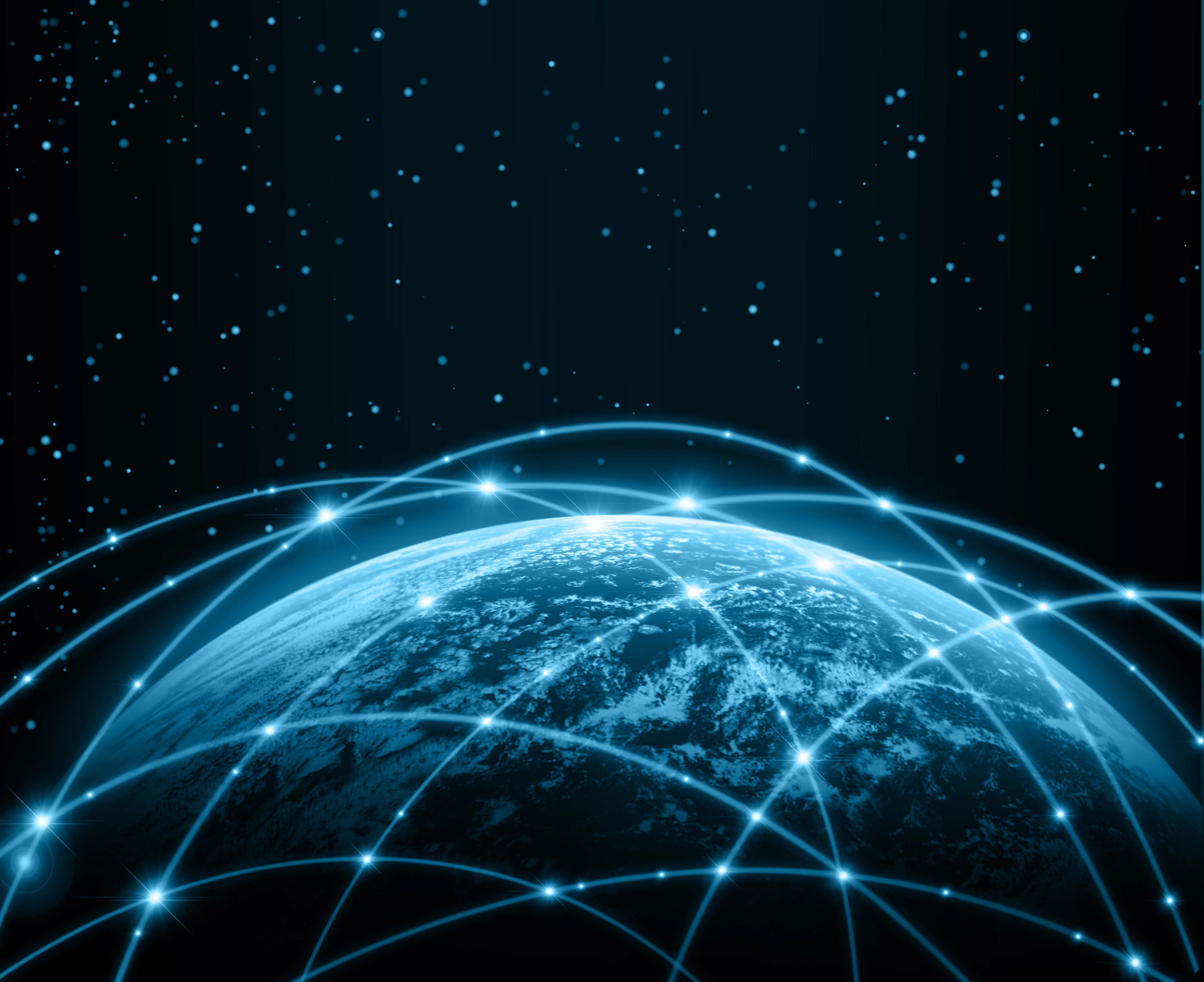
In the mid-90s, certain business leaders and commentators dismissed the internet as a trend that wouldn’t last. They couldn’t see the long-term potential of e-commerce, digital communication, or virtual communities.
As the technology advanced and more households gained access, the internet quickly turned into a massive force in nearly every aspect of life. Retrospectively, those who doubted it failed to predict how deeply it would transform society.
Like Go2Tutors’s content? Follow us on MSN.
“Flying Cars Will Be Everywhere by Now”

Ever watch old films or read stories set in “the future,” complete with traffic buzzing through the skies? Designers had confident visions of entire cities aloft in compact flying vehicles.
But creating a safe, regulated air-traffic system for private flyers is more complicated than the fantasy might suggest. Despite modern prototypes and engineering breakthroughs, everyday flying cars remain elusive, grounded by practical limitations like traffic rules, safety, and fuel demands.
“Movie Theaters Will Disappear”
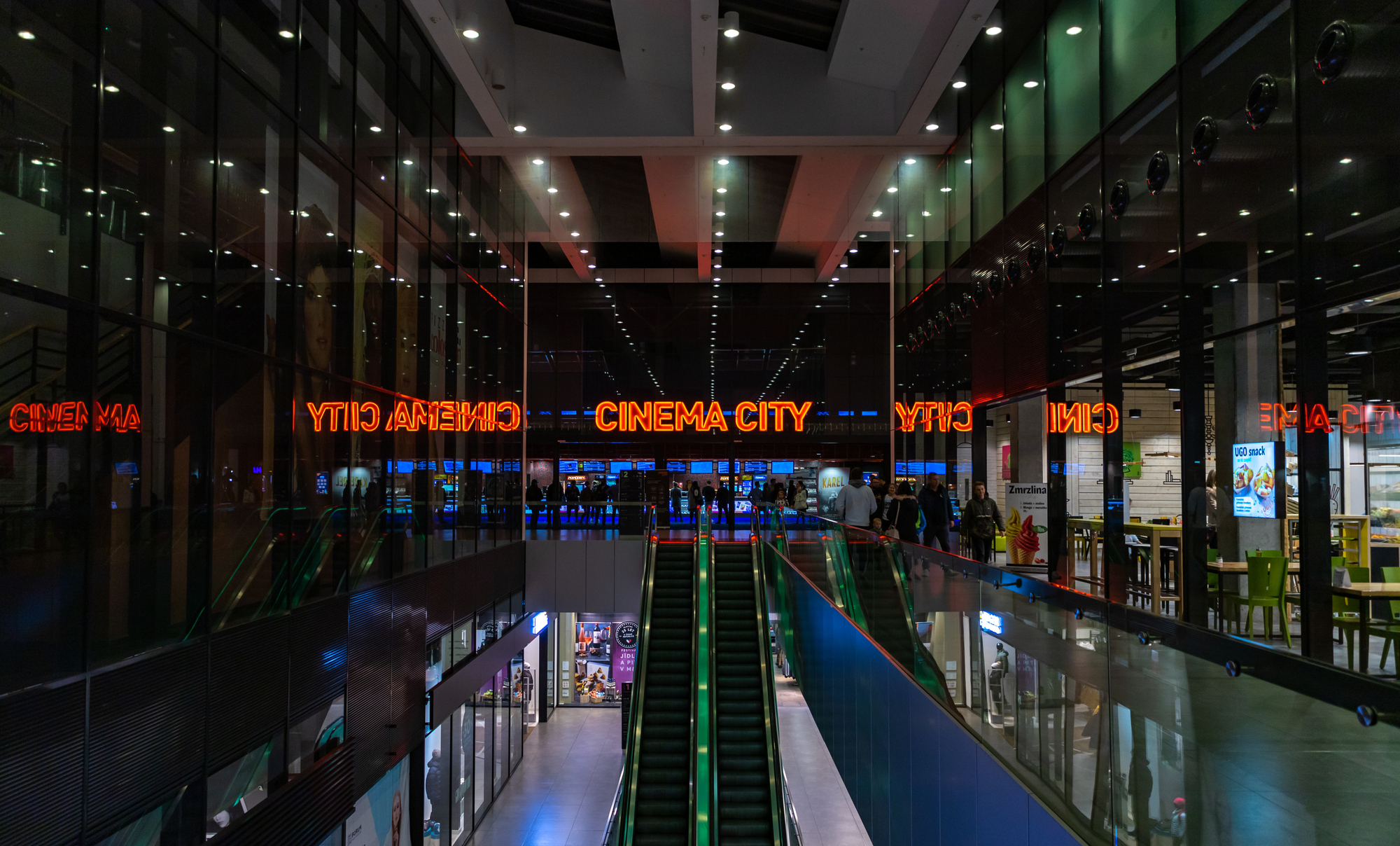
When television gained popularity, numerous critics pronounced movie theaters doomed. They argued no one would pay for a ticket when they could watch shows from the comfort of their couch.
Yet, the big screen experience, complete with immersive sound and blockbuster premieres, persisted. Even as streaming services exploded in recent years, theaters continue to adapt, introducing VIP seating, 3D effects, and special screenings that keep audiences coming back for more.
“We’ll All Be Eating Meal Pills”

Decades ago, science fiction conjured a vision of the future where meals came in tiny tablets or synthetic cubes. The belief was that cooking and traditional foods would be replaced by super-efficient chemical concoctions.
While modern nutrition has its share of meal replacements and supplement shakes, people still relish the taste, texture, and ritual of real food. Culinary culture has only grown, demonstrating that dining remains a heartfelt experience rather than an inconvenient chore.
Like Go2Tutors’s content? Follow us on MSN.
“Electric Cars Won’t Catch On”
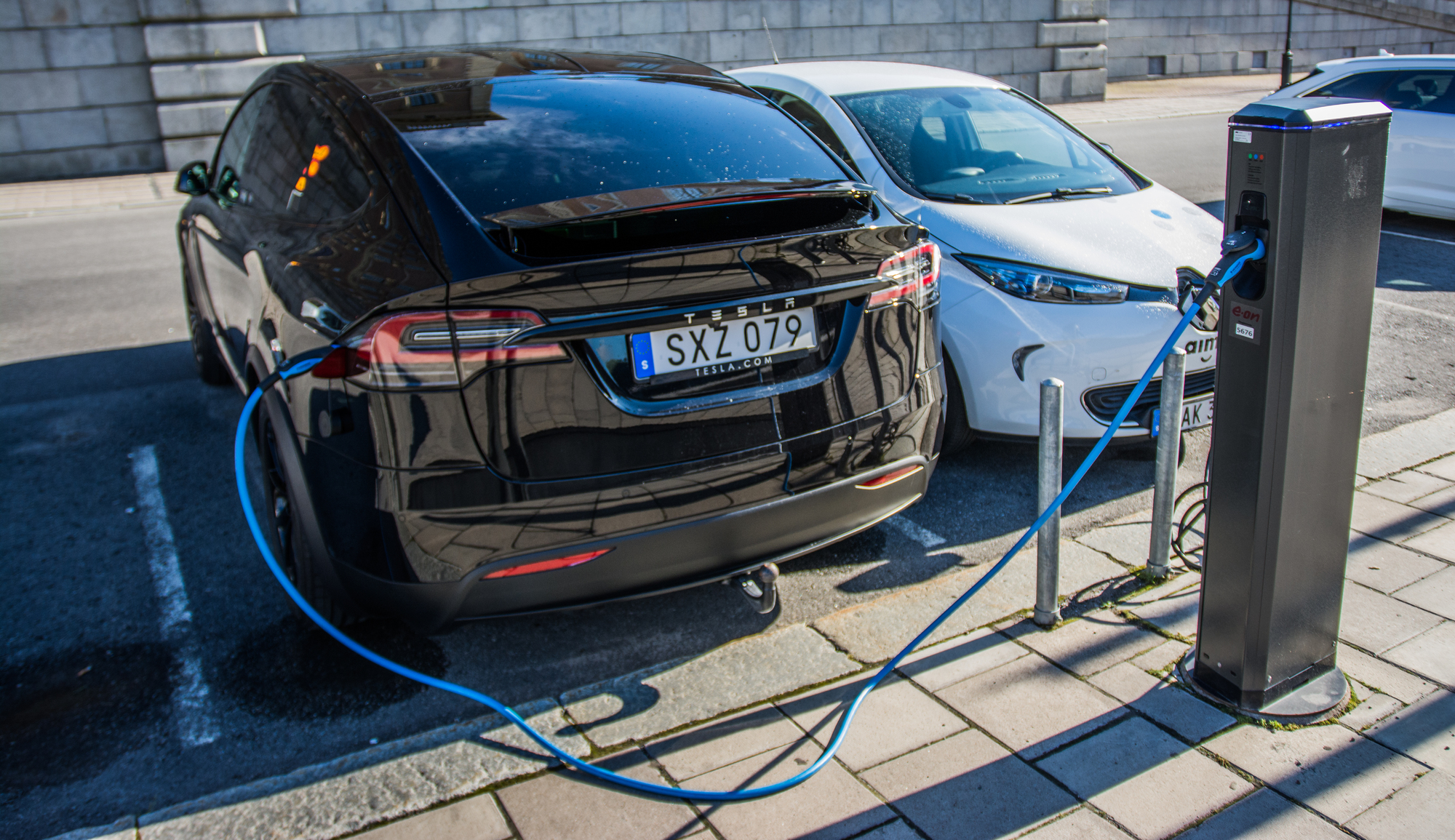
From the early attempts at electric vehicles, naysayers argued that battery power would never be practical, cheap, or long-lasting enough to replace gas engines. They envisioned range anxiety and high costs forever dooming electric cars to niche status.
Recent advancements in battery technology and infrastructure have proven otherwise, with more drivers now choosing electrics each year. It’s a classic example of how innovation can eventually overpower even the most stubborn doubts.
“Global Paperless Offices”

As computers spread, specialists predicted the complete eradication of paper in business settings. They believed digital documents, email, and databases would make printing obsolete.
While organizations have certainly reduced paper usage, the paperless office isn’t universally achieved. People still prefer physical copies for various reasons, such as easier note-taking or just old habits.
It’s a testament to how technological shifts can be slowed by human comfort and tradition.
“Hyperloop Travel by the 2020s”
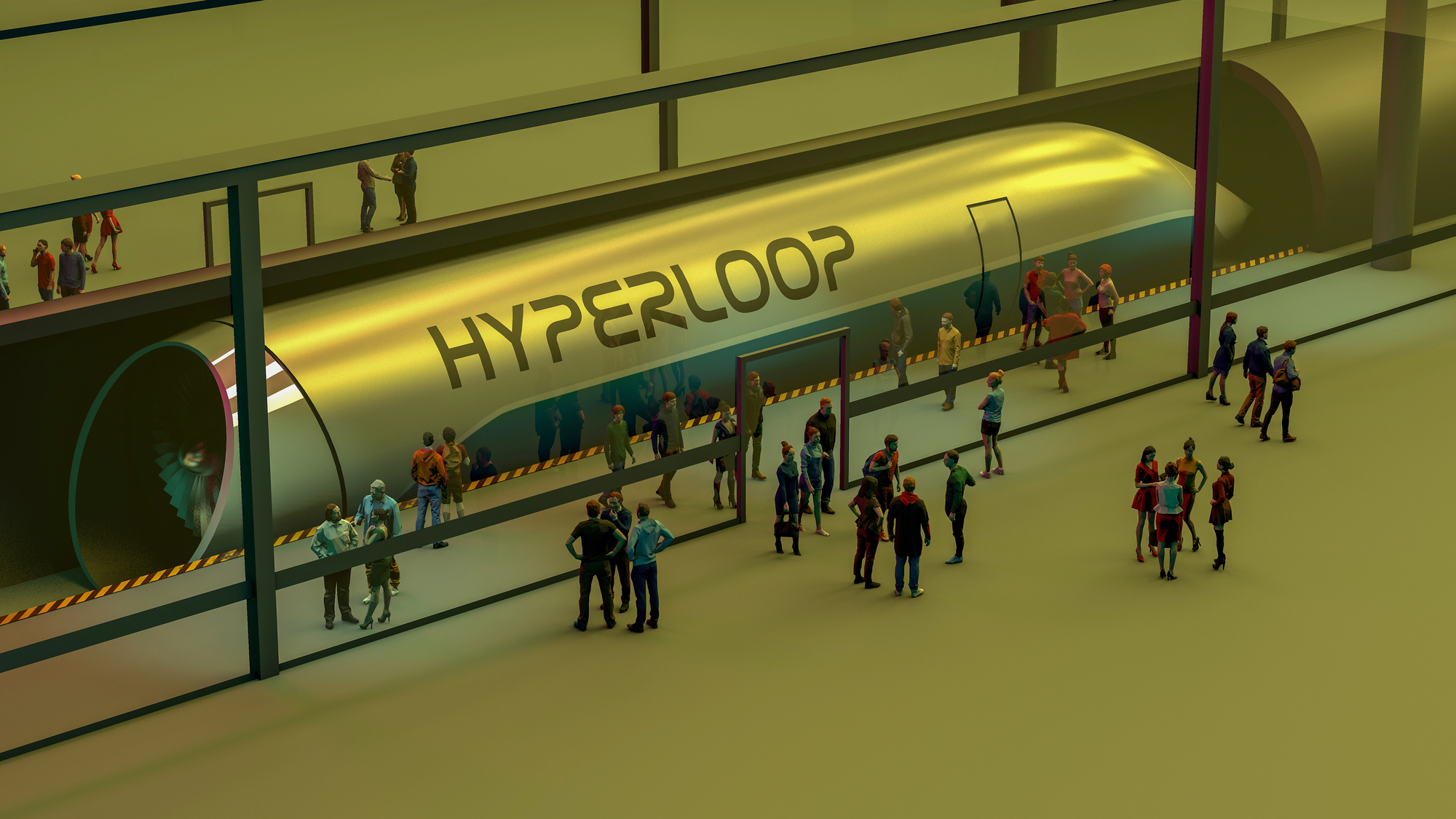
Visionaries promised sleek, magnetically levitated pods zipping through vacuum tubes at near-supersonic speeds. The goal was to revolutionize transportation and shrink travel times drastically.
Though prototypes exist, the engineering and infrastructure challenges have kept wide-scale deployment out of reach. It shows how an ambitious blueprint doesn’t always translate into a fully realized network—at least not on the predicted schedule.
Like Go2Tutors’s content? Follow us on MSN.
Looking Back on Wild Futurism
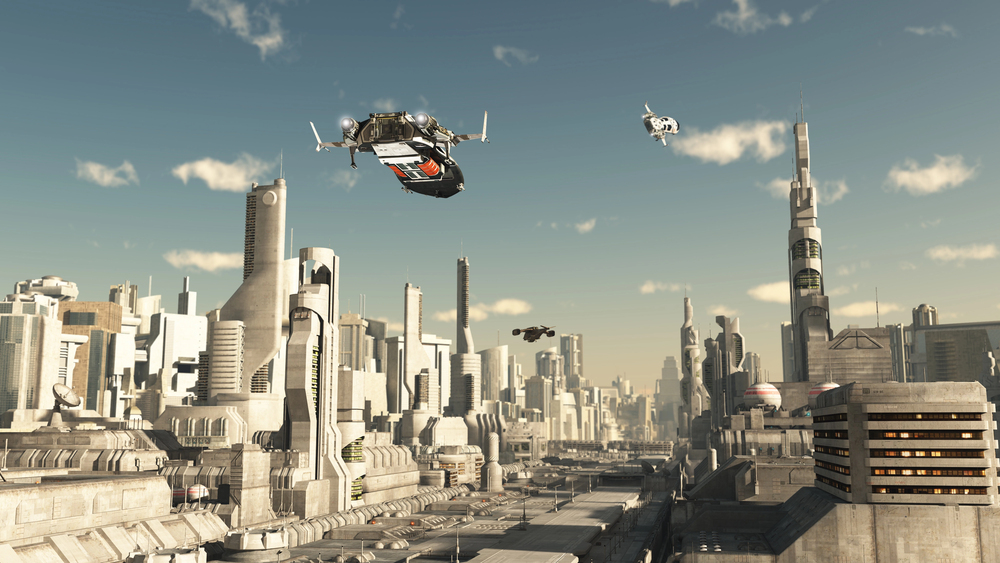
These wayward forecasts highlight the thrill and the peril of trying to predict what’s coming next. While some visions were fueled by genuine excitement, others emerged from a lack of technical understanding or sheer optimism.
They remind you to be cautious when someone claims absolute certainty about tomorrow. After all, new breakthroughs and societal shifts can disrupt even the most logical projections.
Real progress often happens in small steps rather than the sudden leaps these prophecies once declared.
More from Go2Tutors!

- Famous Battles: How Much Do You Really Know About U.S. History?
- Top 5 Most Important Skills, According To Harvard Business School
- How Well Do You Know 90s Pop Culture? Take the Quiz
- Master the Art of Public Speaking with These Expert Tips
- Think You Know Capitals? Put Your Knowledge to the Test
Like Go2Tutors’s content? Follow us on MSN.



